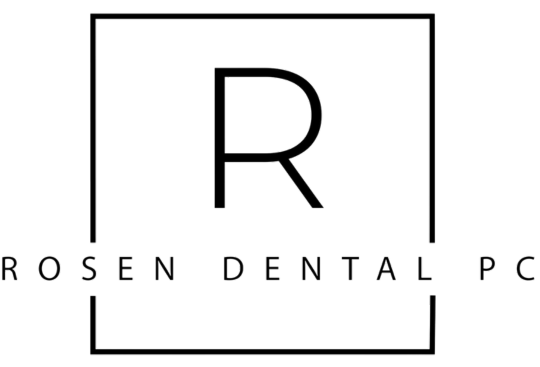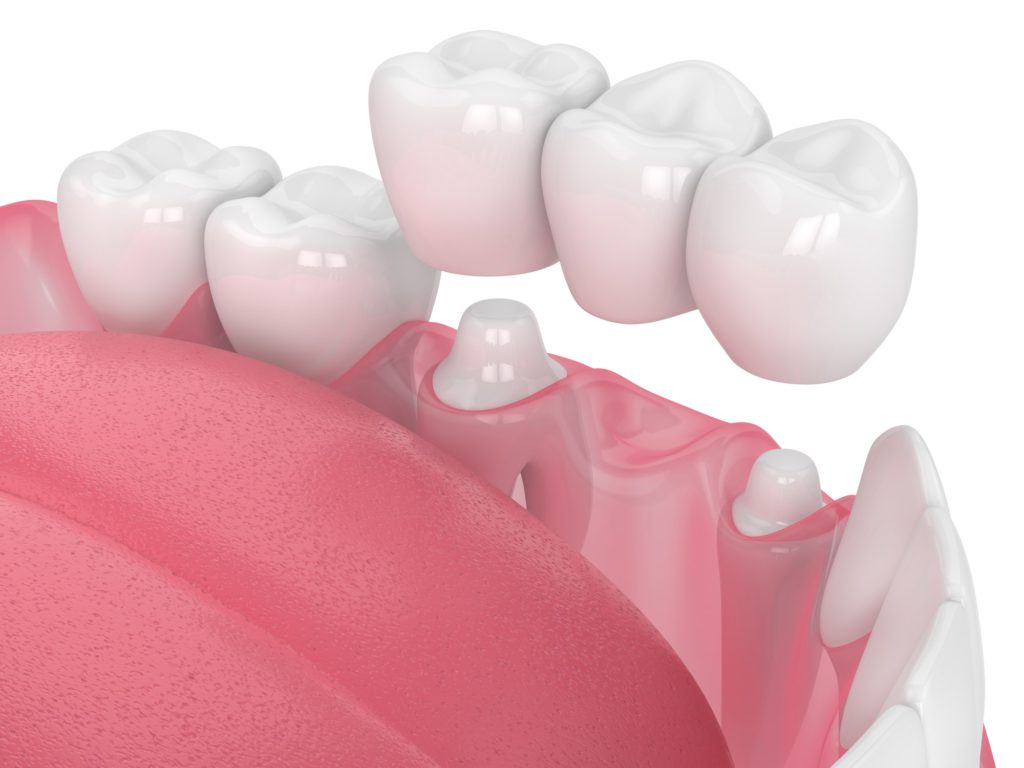Ever wondered about everything you need to know about dental crowns and bridges? Dental crowns and bridges are essential restorative treatments that help repair damaged teeth and replace missing ones, ensuring both functionality and aesthetics.
Dental Crowns and Bridges: Types of Dental Crowns
Dental crowns and bridges are essential components in restorative dentistry, offering solutions for damaged or missing teeth. When it comes to dental crowns, there are several types available, each designed to meet specific needs and preferences. Common types include porcelain crowns, which are known for their natural appearance and durability, and metal crowns, which offer exceptional strength and longevity. Additionally, there are porcelain-fused-to-metal crowns that combine the aesthetic benefits of porcelain with the strength of metal.
Another popular option is ceramic crowns, which are highly favored for their ability to blend seamlessly with natural teeth. Resin crowns, while less durable, are often used as a temporary solution. Each type of dental crown has its unique advantages, making it important to choose the one that best fits your dental needs. For more information on maintaining your oral health, check out our guide on What to Expect from Professional Dental Hygienist Services.
Types of Dental Bridges
Dental bridges are a common solution for replacing missing teeth and restoring your smile. There are several types of dental bridges available, each designed to meet different needs and preferences. The most common types include traditional bridges, which consist of one or more artificial teeth held in place by dental crowns on the adjacent natural teeth. Another type is the cantilever bridge, which is used when there are adjacent teeth on only one side of the missing tooth or teeth. Additionally, Maryland bridges use a metal or porcelain framework bonded to the back of the adjacent teeth.
Each type of dental bridge offers unique benefits and is chosen based on the specific dental situation and the patient’s oral health. Understanding the different types can help you discuss options with your dentist and make an informed decision about your dental care. For more information on Dental Crowns and Bridges in Somers, visit our detailed page.
Procedure for Dental Crowns
The procedure for dental crowns typically involves multiple steps to ensure a perfect fit and long-lasting results. Initially, the dentist will prepare the tooth by removing any decay and shaping it to accommodate the crown. An impression of the tooth is then taken to create a custom crown that matches the patient’s bite and natural tooth color. While waiting for the permanent crown, a temporary one is placed to protect the tooth. Once the custom crown is ready, it is cemented onto the prepared tooth, completing the process. Dental crowns and bridges are essential solutions in restorative dentistry, providing both functional and aesthetic benefits.
Procedure for Dental Bridges
The procedure for dental bridges typically involves multiple visits to the dentist. Initially, the abutment teeth are prepared by reshaping them to accommodate the bridge. Impressions of your teeth are then taken to create a model, which is used to fabricate the bridge. A temporary bridge may be placed to protect the exposed teeth and gums while the permanent bridge is being made. Once ready, the permanent bridge is fitted, adjusted, and cemented into place. Understanding the procedure for dental bridges is essential when considering Dental Crowns and Bridges as a solution for missing teeth. For more information, visit Rosen Dental PC, your trusted Somers Dentist.
Benefits of Dental Crowns
Dental crowns and bridges offer numerous benefits for individuals looking to restore their smile and improve oral health. Dental crowns, in particular, provide a durable and aesthetically pleasing solution for damaged or weakened teeth. They help protect the tooth from further decay or injury, enhance the appearance of the tooth, and restore its function, allowing for normal chewing and speaking. Additionally, dental crowns can help maintain the alignment of surrounding teeth and prevent shifting, which is crucial for overall dental health. By opting for dental crowns and bridges, individuals can enjoy a more confident smile and better oral functionality.
Benefits of Dental Bridges
When considering Dental Crowns and Bridges, it’s essential to understand the numerous benefits that dental bridges offer. Dental bridges are a reliable solution for replacing missing teeth, helping to restore your smile and improve overall oral health. They prevent the remaining teeth from shifting out of position, which can lead to bite problems and jaw pain. Additionally, dental bridges can enhance your ability to chew and speak properly, providing a more natural function compared to missing teeth. By filling the gaps in your smile, dental bridges also contribute to a more youthful appearance and boost self-confidence. Overall, incorporating dental bridges as part of your Dental Crowns and Bridges treatment plan can significantly improve your quality of life.
Lifespan of Dental Crowns
When considering Dental Crowns and Bridges, understanding the lifespan of dental crowns is crucial for long-term oral health planning. Typically, dental crowns can last anywhere from 5 to 15 years, depending on factors such as the material used, oral hygiene practices, and the amount of wear and tear they endure. Porcelain crowns, for example, are known for their durability and natural appearance but may not last as long as metal or porcelain-fused-to-metal options. Regular dental check-ups and proper care can significantly extend the life of your dental crowns, making them a reliable solution in your Dental Crowns and Bridges treatment plan.
Lifespan of Dental Bridges
When considering Dental Crowns and Bridges, it’s essential to understand the lifespan of dental bridges. Typically, dental bridges can last anywhere from 5 to 15 years, depending on various factors such as oral hygiene, the materials used, and the patient’s overall dental health. Regular dental check-ups and proper care can significantly extend the life of your dental bridges, ensuring that they remain a durable and effective solution for missing teeth. Investing in high-quality Dental Crowns and Bridges can provide long-term benefits and maintain your smile’s functionality and aesthetics.
Common Issues with Crowns and Bridges
When it comes to dental crowns and bridges, patients may encounter several common issues that can affect their oral health and the longevity of these dental restorations. One prevalent problem is tooth sensitivity, which often occurs after the placement of dental crowns and bridges due to the removal of enamel and exposure of dentin. Additionally, improper fitting can lead to discomfort, difficulty in chewing, and even gum irritation. Over time, dental crowns and bridges may also become loose or fall out if the underlying tooth structure deteriorates or if there is insufficient bonding. Regular dental check-ups are crucial to address these issues promptly and ensure that your dental crowns and bridges remain in optimal condition.
Conclusion
Understanding Dental Crowns and Bridges can significantly improve your dental health. For more information, call 914-277-8400 or read our Google Maps reviews.

